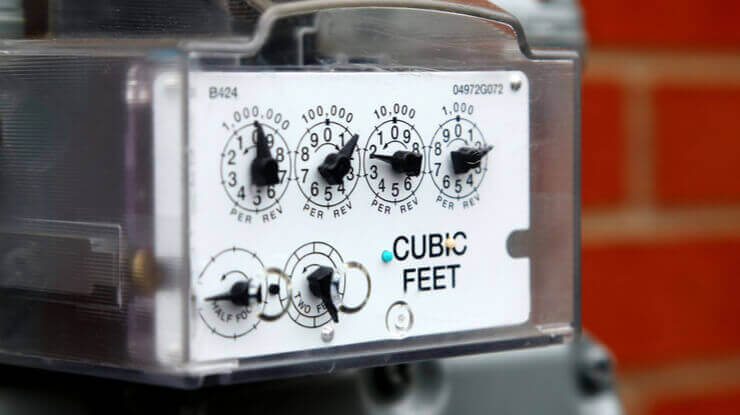What’s the difference between a natural gas supplier and a gas utility? Choosing the right natural gas plan can be complicated. And it’s made even more so by all the different options, terminology and contract terms.
One of the most confusing points for most consumers is the difference between a natural gas supplier, or provider, and a natural gas utility.
They’re both crucial for getting the natural gas to your home or business. And they both appear on your monthly gas bill. But they play very different roles in the process.
Knowing what each one does can help you feel more confident when it comes to picking your natural gas company.
What is a Gas Utility?
Gas utilities are local distribution companies (LDCs). These companies own and operate the systems that deliver natural gas to your home or business.
The gas utility owns the infrastructure that delivers natural gas to factories, shops and homes in a given area.
The local utility company will read your natural gas meter and bill you for monthly usage.
Under deregulation, your gas utility company may or may not be the company that supplies your natural gas.
In Ohio and Michigan, you can have your local utility provide your natural gas. Your rate will change monthly based on the wholesale cost of natural gas. Or, you can choose a natural gas supplier and lock in a fixed rate
In Georgia (AGL market) you must choose a natural gas supplier, the local utility does not supply gas anymore.
Whichever structure you have in your state, know this:
Choosing an alternative natural gas supplier does not impact the delivery or quality of the natural gas that you receive.
What is a Natural Gas Supplier?
With natural gas deregulation, customers have the power to choose the company that supplies natural gas to their homes and businesses. There are many benefits to this type of market, including competitive pricing, great customer service, and innovative products.
A natural gas supplier is a company that sources natural gas for delivery to customers. They are generally energy companies that buy natural gas commodity contracts on the wholesale market. Then they re-sell it to retail customers.
Every state that is deregulated requires their retail energy providers be licensed or certified by the state. Your state’s public utility commission website keeps an up to date list of these authorized suppliers.
Switching to an authorized alternative natural gas provider is easy. Read: How to Switch Natural Gas Suppliers >>
What’s the Difference Between the Gas Utility and the Gas Supplier?
Natural gas suppliers and utility companies play very different roles in the process of getting gas to customers.
The natural gas suppliers (or natural gas companies) provide or purchase the actual commodity.
They are responsible for fulfilling their customer’s natural gas requirements using the infrastructure provided by the gas utility. Natural gas suppliers are also responsible for marketing natural gas to customers. They offer different types of contracts, such as fixed rate plans.
The utilities, on the other hand, are responsible for the actual delivery of natural gas to your home or business.
They own the infrastructure, and they are responsible for maintaining it to ensure reliable and safe delivery to the community.
You call the gas utility company
- When you have problem with your gas delivery
- If you smell gas
- If there is a danger of leaking gas or broken pipes
- When you need to install a new gas appliance
In most areas (except Georgia), the utility will continue to bill the customer even if you choose an alternative gas supplier. There will simply be different supplier information included in the details on the gas bill from your utility. You will not lose service if you choose to switch natural gas suppliers.
